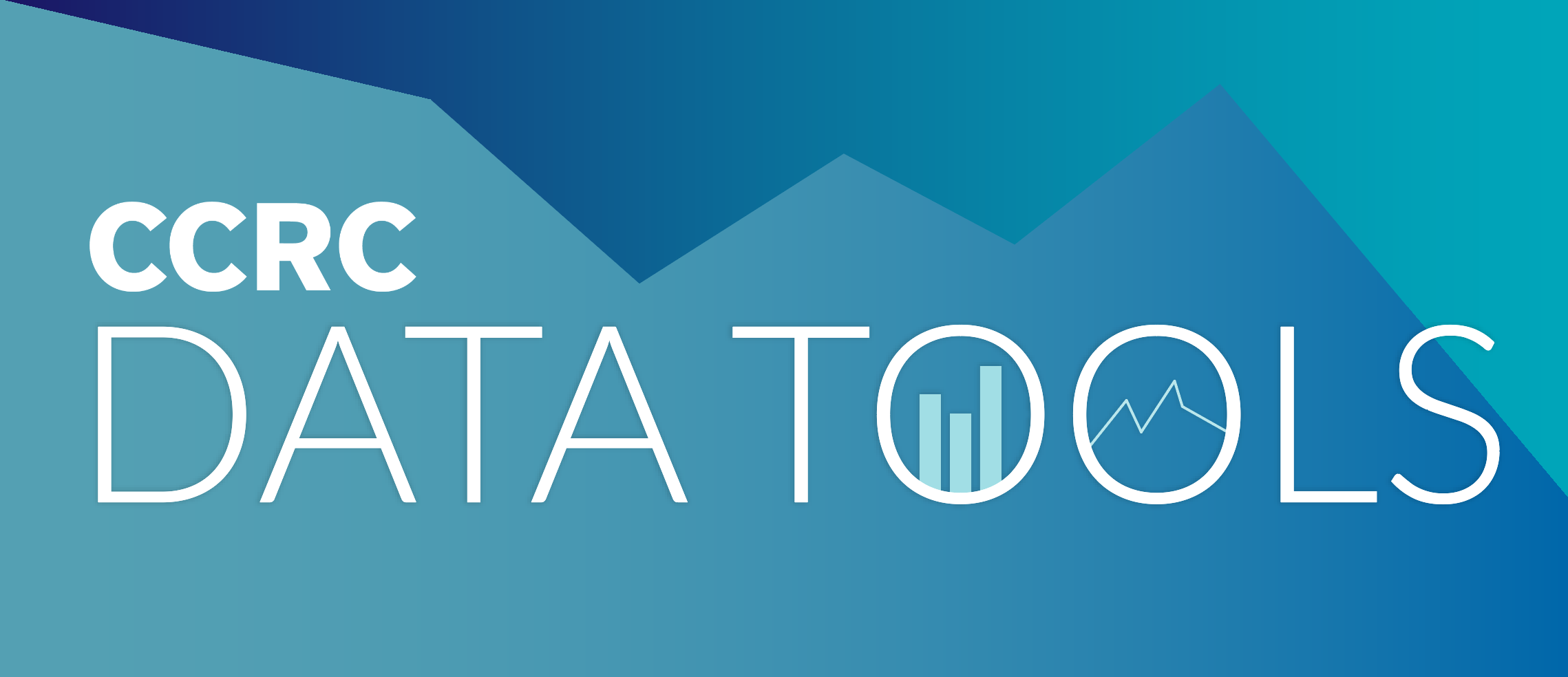This blog post originally appeared on the Postsecondary Teaching with Technology Collaborative blog.
For the past several years, the Collaborative has been working with a team of practitioners to develop and test our Self-Directed Learning (SDL) Instructional Model. The model features three strategies that instructors can use to foster and reinforce students’ learning skills throughout the span of a term:
- Student-peer interaction and networking (SPIN) supports motivation by providing structured collaborative activities for students to foster belonging in their classrooms and prompt them to seek help when they need it.
- SDL prompts are questions that invite students to reflect on how and when they study and regularly check their learning progress.
- SDL videos introduce students to three self-directed learning concepts: sense of belonging, time management, and growth-mindset.
This past spring, instructors in 25 course sections at five colleges piloted the Instructional Model in a study of its effectiveness, and Collaborative researchers conducted qualitative interviews with administrators, instructors, and students to explore the model’s usability, feasibility, and to gather their perceptions of the strategies. Understanding student perceptions was a key part of the development of the Instructional Model, and the final product is based in part on what we learned from students about their experiences in their online courses.
Three students enrolled in courses that piloted the Instructional Model agreed to speak on video to help college personnel better understand their experiences with the strategies. Savannah Newton, ThierryHenry Cheruga, and Abby Casey share their thoughts in the videos below.
Strategy 1: SPIN Collaborative Activities
The Collaborative’s SPIN activities aim to support students’ motivation by helping them feel a greater sense of belonging in their class, to connect with other students, and to feel comfortable turning to other students for help. SPIN activities include an introductory questionnaire and two collaborative activities.
Newton, a student at Wake Technical Community College in North Carolina, was initially apprehensive about participating in group activities due to experiences with group projects in other classes. However, she found value in the dialogue with other students and the structure of the group activities in this class.
“I liked having a group to be able to work through that with other people and ask questions to peers instead of going directly to my teacher,” she said. “I had more of a buffer to ask people that are closer to my level.”
Frequent and structured online collaborative activities can encourage students to feel comfortable reaching out to their peers, fostering supportive connections throughout the term. Although Newton’s science course was fully asynchronous, the peer interactions created a stronger sense of engagement.
“I felt like I actually had people with me and they were going through the same class and had the same assignments,” she said. “And I felt more connected to the class, to the work, because it wasn’t just fully online.”
Newton’s insights underscore how collaboration—even in online learning settings—can expand students’ support networks outside of just their instructor. Being able to see their peers navigate similar experiences reminds them that they are not alone in their experiences.
Strategy 2: SDL Prompts
The Collaborative’s SDL prompts encourage students to regularly check their learning progress and adapt their study approaches, strengthening their understanding of how to manage their learning. Three types of prompts—reflective prompts, assessment wrappers, and messages to a future student—can be assigned at different points throughout the course.
Cheruga, also a student at Wake Tech, appreciated the prompts because they helped him to track his progress not only on completing tasks but on how well he was learning.
“I thought the prompts were helpful because they helped me kind of reflect on what I was doing in the class and what I could do better in the class to improve” he said.
Time for reflection enables students to understand what is and what is not working and to be proactive in adjusting how they study to accommodate their learning style. It can also build confidence in their ability to improve in the future.
The prompts helped Cheruga think more deliberately about study habits and routines, prompting deeper reflection on not just what to study but when and how to approach studying.
“It helped a lot with time management to have specific times to study,” he said. “And that was one of the things that I changed because before I would just study whenever I had time, but it’s a lot better to have specific times to study.”
Cheruga’s comments highlight how reflective prompts foster metacognitive awareness. Having time to pause and reflect at different stages of the course—through checking progress, assessing learning approaches, and setting learning goals—fosters students’ ability to plan more intentionally, evaluate their learning processes, and think more about how they are doing the work.
Strategy 3: SDL Videos
The Collaborative’s SDL video series introduces students to key self-directed learning skills and mindsets designed to support their success. The series includes three 10-minute videos, each paired with student planning questions.
Each video focuses on a specific area such as sense of belonging, growth mindset, and time management.
At first, Casey, a student at Tarleton State University in Texas who took an online course at Odessa College, wasn’t sure the videos would be useful. But she said the videos provided a new way to think about skills that seemed like “simple” common knowledge.
“I’d say [the videos] broadened your knowledge about how simple things can really be important,” she said. “Things start becoming a lot more easier that way, when you slow down.”
The time management video had the greatest impact on Casey, helping her shift from last-minute cramming to spaced-out, manageable studying. For her final, she started studying a month in advance.
“I would break up every single chapter that there was in my coursework,” she said. “Then in that last week that I would have normally began studying, I just got to do a little recap of everything and just freshened my knowledge about what was going to be on the final.”
Casey’s experience illustrates how an early introduction to foundational self-directed learning skills can reshape student routines and increase motivation. The videos not only provided guidance but invited students to reflect on how they could intentionally practice and personalize these strategies throughout the course.
Interested in learning more?
For more information, contact the Postsecondary Teaching with Technology Collaborative at PostsecCollab@sri.com, follow them on Twitter at @PostsecCollab, and sign up for their newsletter at https://tinyurl.com/Postsecnewsletter





